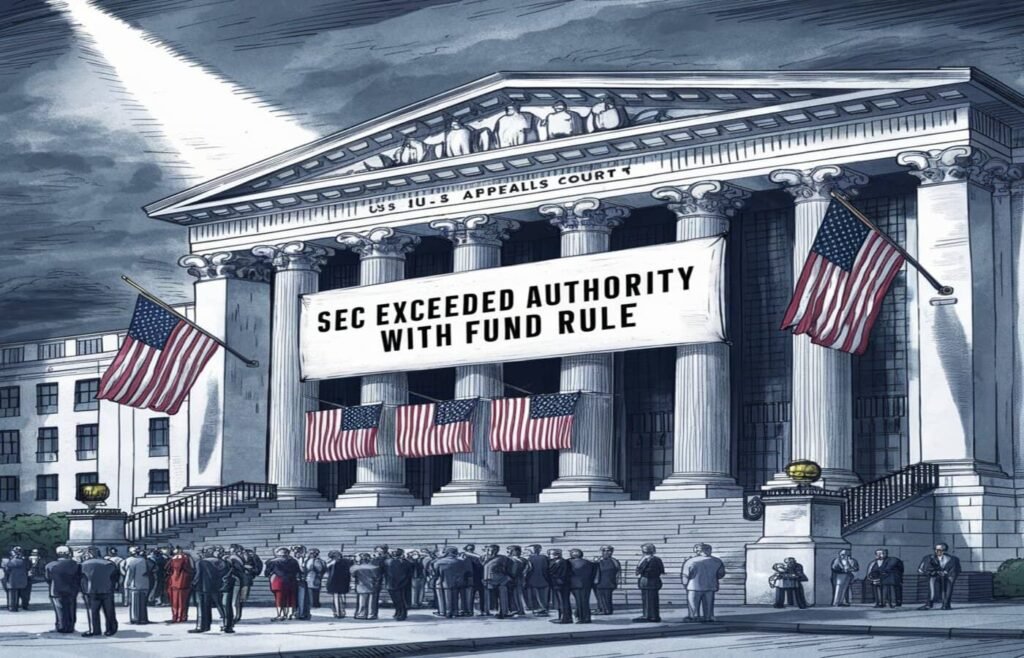A United States appeal court threw out the Security and Exchange Commission rule on June 5 and directed them to give more transparency into private funds. The court concluded that the SEC exceeded its authority while doing so.
The case weakens the regulator’s claimed authority over the sector. Critics in the crypto industry have been saying similar things for the past few years.
In the Fifth Circuit Court, all three judges who talked against the SEC on June 5 say they are crossing their legal limits. Six industry groups opposed the rule passed in August, arguing it would raise compliance costs and significantly change how the sector operates.
The SEC “exceeded its statutory authority,” Judge Kurt Engelhardt ruled on behalf of the three judges. “The promulgation of the Final Rule was unauthorized, no part of it can stand.”
The 656-page rule required funds to provide quarterly reports on performance and fees, conduct annual audits, and stop giving special treatment to certain investors.
The SEC said Congress increased its power to oversee private funds with the Dodd-Frank Act, which was passed to reform the financial sector after the 2008 financial crisis.
On this citation, Judge Engelhardt concluded that “neither section grants the Commission such authority.”
Senior counsel Bill Hughes stated to his audience on X sharing the ruling that “This is the same off-key performance from the SEC that has been the hallmark of these last three-plus years.”
In a series of lawsuits against crypto firms in recent years, the SEC claimed that many cryptocurrencies are securities under its authority, using a legal framework called the Howey test to define them.
The crypto firms criticized the SEC for lacking in crypto regulations and for going beyond way in passing new rules.
The SEC now faces potential action from policymakers that could restrict its claimed authority over the U.S. crypto industry.
The FIT21 Act for the Financial Innovation and Technology for the 21st Century, which would give much control over the crypto industry to the Commodity Futures Trading Commission, was approved by a large number of both Democrats and Republicans in the House.
President Joe Biden’s veto of a resolution saved the SEC from the repeal of its Staff Accounting Bulletin (SAB) 121, which had stopped banks from owning cryptocurrency.
The Congressional resolution gained the favor of both the House and Senate.

